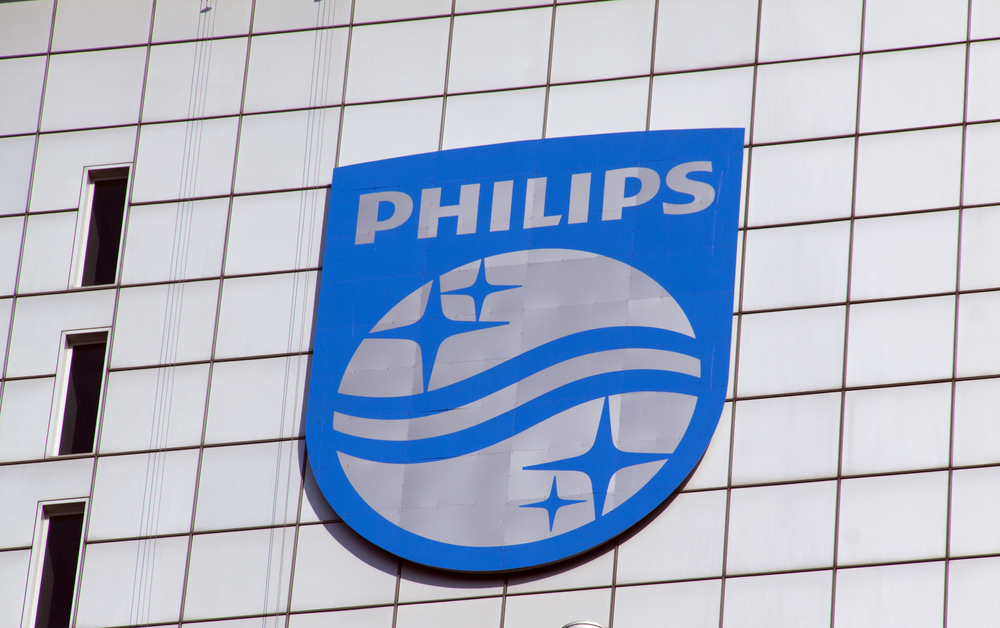The litigation nightmare that has plagued medical device giant Philips Respironics for nearly two years isn’t over, despite a settlement agreement of at least $479 million finalized in September 2023.
Philips recalled more than five million of its CPAP (continuous positive airway pressure) and BiPAP machines and ventilators in June 2021 after reports that the sound-abating foam used to keep them running quietly was breaking apart and being inhaled. Inhaling the foam or its gasses exposes users to toxic chemicals, including known carcinogens. CPAP machines are intended to treat sleep-related respiratory disorders, especially sleep apnea; most patients cannot sleep safely without them.
The recall was labeled Class 1, only assigned to products with the potential for serious injury or death. The agency has continued to discourage the public from using Philips CPAP machines and ordered the company to conduct additional testing multiple times.
Since the initial recall, the FDA has received over 100,000 complaints, including 385 reported deaths. Reports linked the machines to issues beyond respiratory failure, such as pneumonia, chest pain, kidney problems, dizziness, infection, and cancer.
In April 2022, the FDA added the Class 1 designation to other active Philips recalls, including three models of ventilators in which an electrical circuit problem put the machines at risk of stopping operating suddenly.
In November 2023, the Philips DreamStation 2 CPAP machine, which was not involved in the first recall, was reported by the FDA as having issues such as burns, victims smelling smoke, and machines catching fire.
The company continues to deny any wrongdoing even though machines they attempted to repair were also recalled. When reprogrammed, the repaired machines were given an incorrect or duplicate serial number, potentially sending the wrong prescription to users.
The settlement agreement will compensate users who bought the recalled devices; additionally, Philips and its Netherlands-based parent company, Koninklijke Philips N.V., set aside another $15 million for those wishing to replace their machines.
Eligible users are entitled to a device payment award for each device they rented, leased, or purchased and a device return award of $100 for each machine returned by August 9, 2024. Users who spent their own money on a device to replace their recalled device will receive a device replacement award.
CPAP Personal Injury Lawsuits
While Philips stated at the time of the settlement that it has fixed approximately 4.6 million devices globally – 2.5 million in the U.S. - many users have been waiting almost two years for safe replacement machines. They must choose between a good night’s sleep and further endangering their health by using recalled devices. Most insurers will not replace the machines until they are five years old.
As a result, affected sleep apnea patients have been filing CPAP lawsuits against Philips with no end in sight. So many claims surfaced that the lawsuits were consolidated in October 2022 into multidistrict litigation (MDL) under one court and judge in Pennsylvania to streamline pre-trial discovery proceedings.
During the settlement announcement, lawyers representing injured CPAP users noted that the funds cover only customers' economic losses from purchasing faulty products, not any personal injury damages.
Plaintiffs allege that Philips knew of the dangers posed by the foam and marketed them as safe anyway.
The company’s problems don’t stop at the millions they stand to lose in personal injury litigation.
In July 2022, Philips CEO Frans van Houten revealed during a scheduled earnings call that the U.S. Department of Justice (DOJ) had proposed a consent decree to resolve concerns about the recall after subpoenaing the company for more information. This came on behalf of the FDA following their 2021 inspection of Philips facilities. A consent decree can occur when the DOJ opens an investigation into an unjust practice or pattern.
So long as this consent decree is in place, Philips will remain “effectively out of the respiratory devices market” until all the recalled machines have been adequately repaired.
To make matters even worse for Philips, an investigation released in late September 2023 by ProPublica and the Pittsburgh Post-Gazette revealed that the company purposely withheld more than 3,700 complaints from the FDA about contaminants in the machines, the earliest of which was received in 2010.
Shortly after that investigation was released, two U.S. senators wrote a letter to Congress and the Government Accountability Office (GAO) demanding they reexamine the FDA’s oversight of the recalls.
Sens. Richard Durbin (D-Ill) and Richard Blumenthal (D-Conn) wrote, “It now appears that FDA missed several opportunities to mitigate the harm done to the millions of patients who have used these recalled medical devices.”
The letter also noted that adverse event reports to the FDA have climbed more than 500 percent over the past ten years, while medical device recalls have more than doubled.
Sleep apnea patients who used or are still using a recalled Philips device and have suffered injuries should seek out a qualified personal injury attorney, preferably one with experience in CPAP lawsuits. A competent CPAP lawyer will tell you if you have a strong enough case to receive financial compensation for your injuries and only charge for their services if you win.













